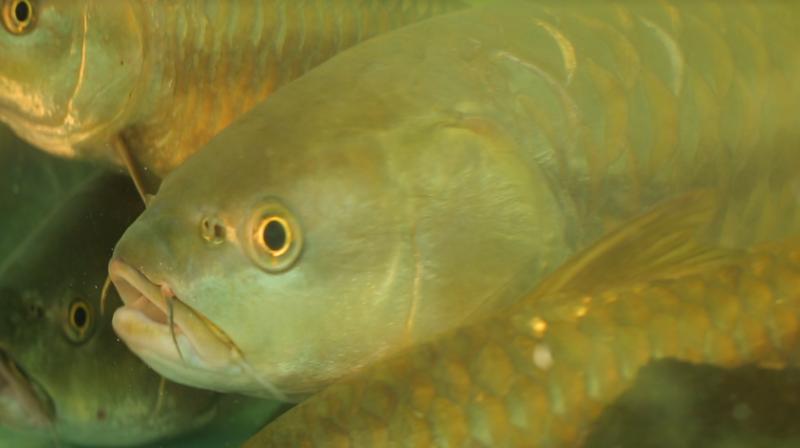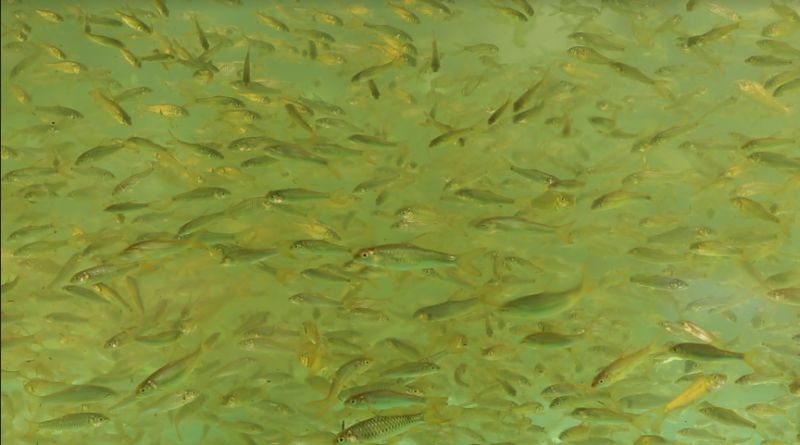Tata Power launches Mahseer Project freshwater fish conservation program
One of the 20 megafishes of the world, the Mahseer contributes largely to the health of India's big rivers.

The Himalayan foothills, the Indus, Ganga, and Brahmaputra basins, and the Balamore, Kaveri, Kosi, and Tambraparini rivers, were once filled with the toughest freshwater fishes, the Mahseer. The Mahseer roughly translates to ‘tiger among fish’. Today, this magnificent fish is threatened to the point of extinction.
One of the 20 megafishes of the world, the Mahseer contributes largely to the health of India’s big rivers. The extinction of the Mahseer is a threat to the survival of our ecosystem as well. This fish is also prized for its high nutritional value and is known to accelerate the healing of wounds and prevent heart ailments.
Since its inception, Tata Power has made a noteworthy presence in the conservation of biodiversity, and top on its list of biodiversity conservation initiatives is ‘Act for Mahseer’.

The company’s fight for Mahseer started four decades ago, and 300 fishery scientists, employees, customers, and the public at large have come together to save this legendary freshwater fish. This initiative focuses on three areas - captive breeding, ecology, and awareness and sensitization.
The threat of extinction is largely magnified in the wild, which is why the company has developed methods of breeding under safe conditions in hatcheries that have been developed in Walwan, Lonavla. Each year, these state-of-the-art hatcheries produce nearly 3.6 lakh semi fingerlings.

Over the last 44 years, more than 13 million fertilized eggs have been obtained. In addition to this, 7 million Mahseer fingerlings have been freed into rivers, but not before ensuring that the Mahseer are native to the region, and a proper programme has been put in place, to induct the fish into the wild. Recently, a consignment of 50,000 Mahseer fish seeds were inducted to breeding farms in Powarkheda and Bhadabhada villages in Madhya Pradesh. Cage culture and ranching programs have been successfully carried out as a part of this programme as well.
Industrial pollution and inflow of toxic wastes into rivers is one of the main causes for the depletion of its numbers.
The population of this fish has decreased by more than fifty percent and is expected to go decline further to eighty percent, but his has not stopped Tata Power from fighting for the Mahseer. Tata Power urges everyone to come together in its endeavor to save this endangered species

